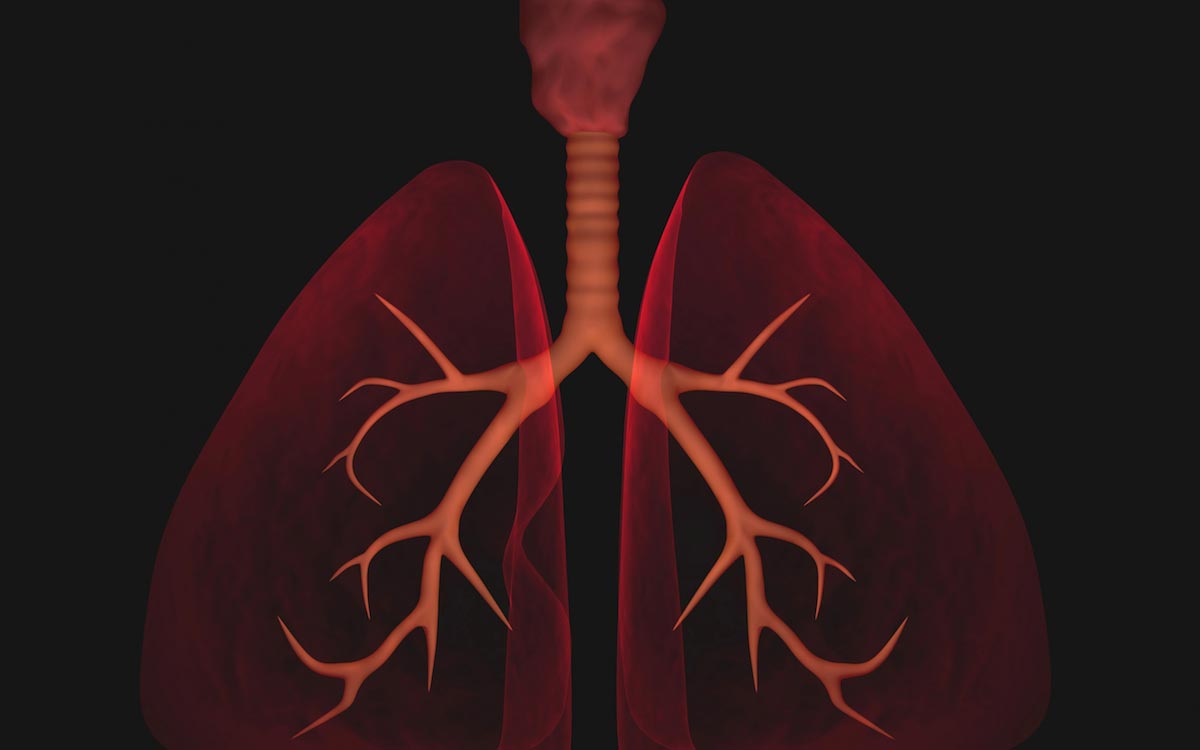Silymarin from milk thistle can prevent hand-foot syndrome, a common side effect of chemotherapy, reports study
10/21/2020 / By Divina Ramirez

Silymarin, the active ingredient in milk thistle (Silybum marianum), is a flavonoid commonly used to treat liver disorders. But a recent study suggests that silymarin can also be used to reduce the harmful side effects of chemotherapy.
In a recent study, researchers from Mashhad University of Medical Sciences (MUMS) in Iran found that topical application of silymarin can reduce the severity of hand-foot syndrome (HFS), a common side effect of chemotherapy. It is characterized by inflammation of the palms and soles.
Moreover, their study revealed that topical application of silymarin can also delay the onset of HFS in cancer patients. Their findings appeared in the journal Phytotherapy Research.
Silymarin for the prevention and treatment of HFS
HFS, or palmar-plantar erythrodysesthesia, is a skin reaction that occurs upon exposure to certain drugs used in chemotherapy. Capecitabine, a chemotherapy medication used to treat breast, gastric and colorectal cancer, is notorious for causing HFS.
For their study, the researchers assessed the preventive effects of silymarin on capecitabine-induced HFS. To this end, the team conducted a randomized, double-blinded clinical trial involving 40 cancer patients who had no prior exposure to capecitabine but were scheduled to be treated with the drug.
Three in four patients in the silymarin group had gastric cancer. The researchers also measured all of the participants’ risk for HFS at baseline.
For the trial, the team placed both groups on capecitabine. They then applied a gel containing one percent silymarin on the soles and palms of patients in the silymarin group twice daily for nine weeks. They also measured the participants’ risk for HFS every three weeks.
The results showed that both groups had a higher risk of HFS during capecitabine treatment. But patients in the silymarin group had a lower risk of HFS at the end of the trial. The team also noted a delay in the development and progression of HFS in the silymarin group.
Taken together, their findings show that topical application of silymarin helps reduce the severity of capecitabine-induced HFS and delay its occurrence in cancer patients undergoing chemotherapy. (Related: ONIONS are just as effective as chemotherapy at beating cancer.)
Silymarin and its medicinal properties
Silymarin in milk thistle is hailed for its hepatoprotective effects. An ancient medicinal plant, milk thistle has been used for centuries to protect the liver from food poisoning and the harmful effects of alcohol abuse.
Several studies on silymarin suggest that the flavonoid can protect the liver from oxidative damage by neutralizing free radicals. Because of this antioxidant activity, silymarin has been studied for its potential in preventing or treating diseases that affect various organs, such as the kidneys, brain and pancreas.
For instance, one animal study found that silymarin helped treat kidney injuries in diabetic rats. This suggests that silymarin can be an effective treatment for diabetic nephropathy, a serious, kidney-related complication of diabetes.
Another study showed that silymarin can reduce protein oxidation in the brains of older rats. Protein oxidation is associated with free radical-induced damage and brain disorders. Other in vivo experiments also showed that silymarin has antidepressant-like effects.
Silymarin is available in the form of milk thistle capsules, tablets, tinctures and intravenous solutions. Taking 420 milligrams (mg) of milk thistle extract — standardized to contain 70 to 80 percent silymarin — per day is considered safe.
Read more articles about milk thistle and other medicinal plants at PlantMedicine.news.
Sources include:
Tagged Under: alternative medicine, disease treatment, hand-foot syndrome, herbal medicine, Herbs, Milk Thistle, natural cures, natural medicine, phytonutrients, prevention, remedies, silymarin
RECENT NEWS & ARTICLES
COPYRIGHT © 2017 NATURAL CURES NEWS




















